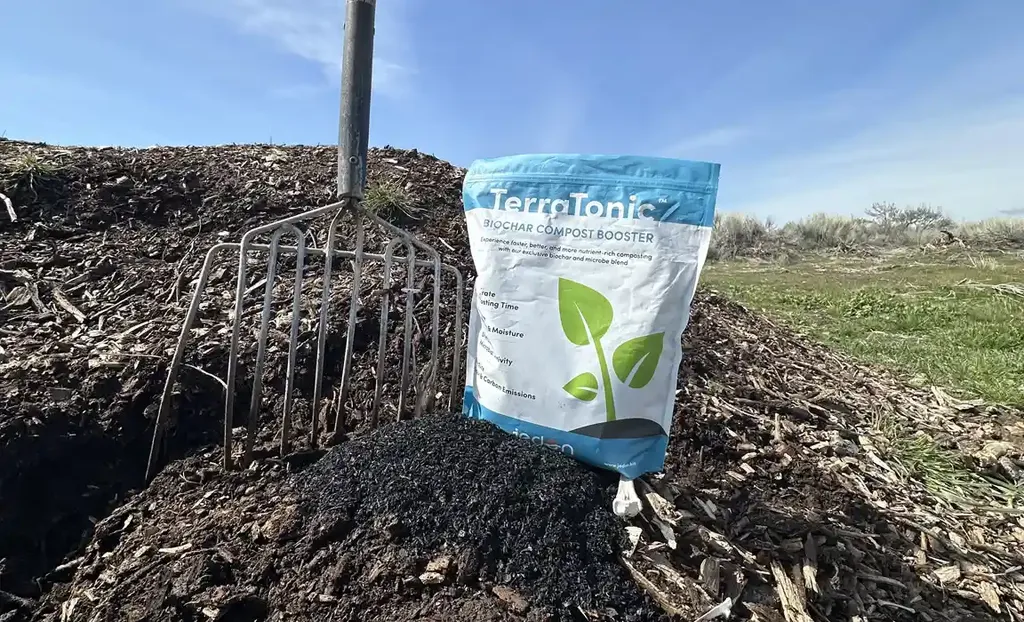In the quest for sustainable agriculture and efficient waste management, a groundbreaking review published in *Environmental Chemistry and Ecotoxicology* (which translates to *Environmental Chemistry and Ecotoxicology*) has shed light on a promising solution: functionalized biochar. Led by Dong Wang of the Agricultural Clean Watershed Research Group at the Chinese Academy of Agricultural Sciences, the study delves into how advanced biochar functionalization can revolutionize livestock manure composting, offering a multifaceted approach to enhance efficiency and mitigate environmental risks.
Livestock and poultry manure (LPM) composting is a critical process for nutrient recycling, but it comes with significant challenges. Low humification efficiency, greenhouse gas emissions, and the presence of residual contaminants such as heavy metals and antibiotics have long plagued the industry. Enter biochar, a porous, high-surface-area material derived from organic matter, which has emerged as a potential game-changer. “Biochar’s unique properties make it an ideal candidate for compost amendments,” Wang explains. “Its ability to adsorb pollutants and enhance microbial activity can significantly improve composting outcomes.”
The review synthesizes recent advances in biochar functionalization, exploring various preparation and modification approaches. These include physical activation, chemical doping, microbial colonization, composite strategies, and emerging techniques like molecular imprinting and earthworm bioaugmentation. Each method offers distinct advantages and challenges in terms of performance, scalability, cost, and environmental risk. By comparing these methods, the study provides a comprehensive understanding of how specific biochar properties influence composting parameters, microbial communities, and functional gene expression.
One of the most compelling aspects of the research is its integration of material characterization with multi-omics evidence. This approach allows for a deeper understanding of the underlying mechanisms by which biochar optimizes composting parameters, enhances humification, reduces carbon and nitrogen losses, immobilizes heavy metals, and removes antibiotics. “The multifunctional roles of biochar are truly remarkable,” Wang notes. “It not only improves the efficiency of the composting process but also addresses critical environmental concerns.”
The study highlights several key research gaps that need to be addressed to fully realize the potential of functionalized biochar. These include the mechanistic links between surface chemistry and gene-level responses, as well as the need for field-scale validation. Addressing these gaps could pave the way for more effective and scalable applications of biochar in agricultural and waste management practices.
The implications of this research extend beyond the agricultural sector, with significant potential for the energy sector as well. As the world seeks sustainable solutions for waste management and energy production, biochar offers a promising avenue for converting agricultural waste into valuable resources. The enhanced efficiency and reduced environmental impact of biochar-amended composting could lead to more sustainable and profitable agricultural practices, ultimately benefiting both farmers and the environment.
In conclusion, the review by Dong Wang and colleagues provides a comprehensive roadmap for advancing waste management strategies through the use of functionalized biochar. By bridging critical gaps between environmental sustainability and agricultural safety, this research offers a compelling vision for the future of sustainable agriculture and waste management. As the world continues to grapple with the challenges of climate change and resource depletion, the insights provided by this study could prove invaluable in shaping a more sustainable and resilient future.

